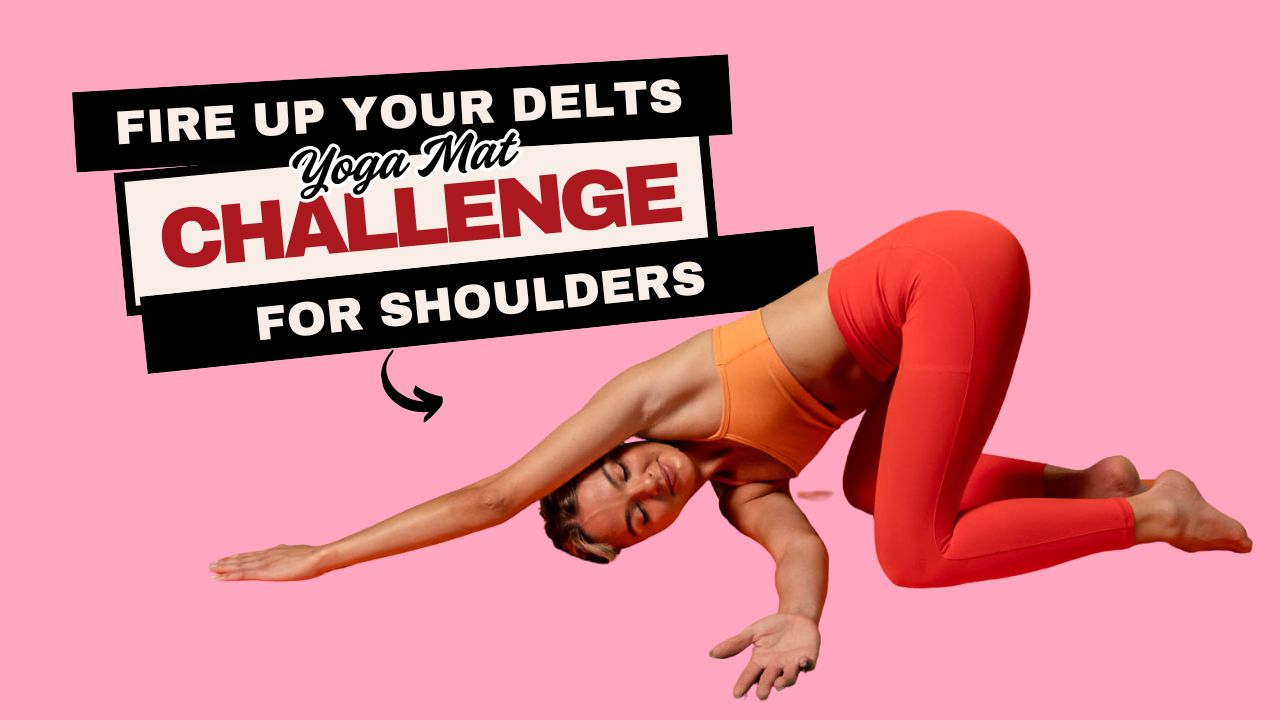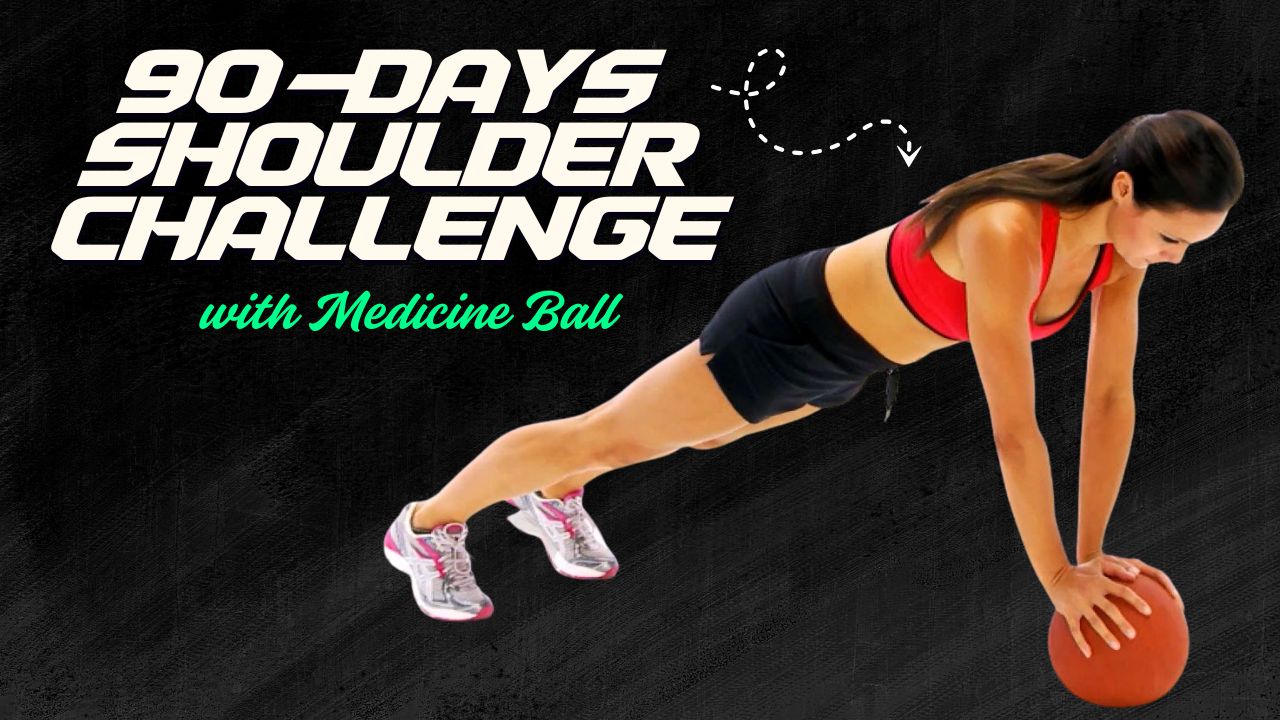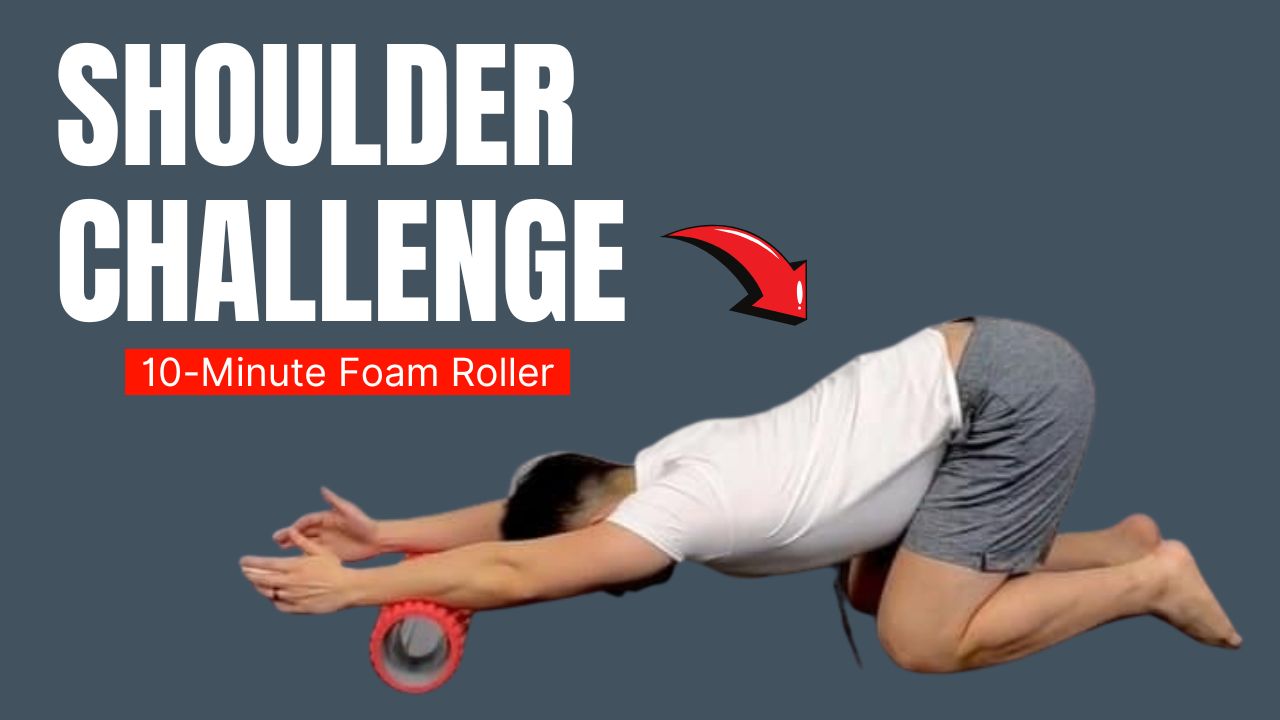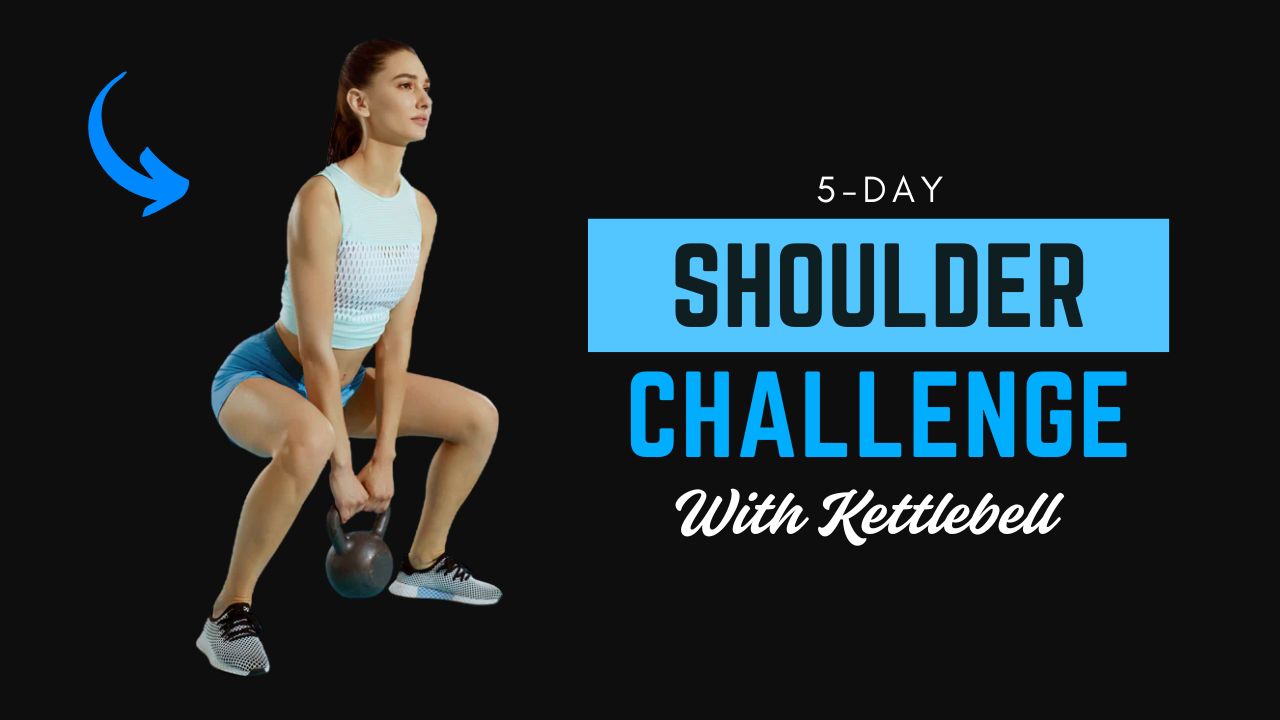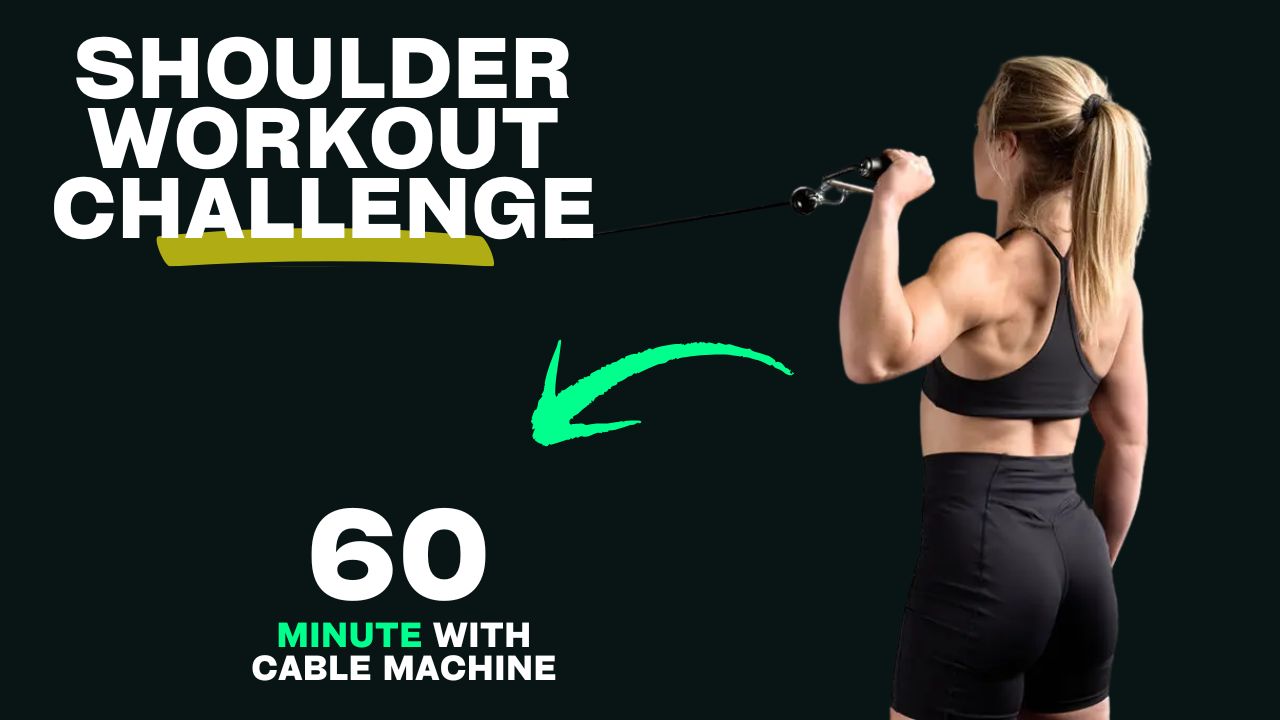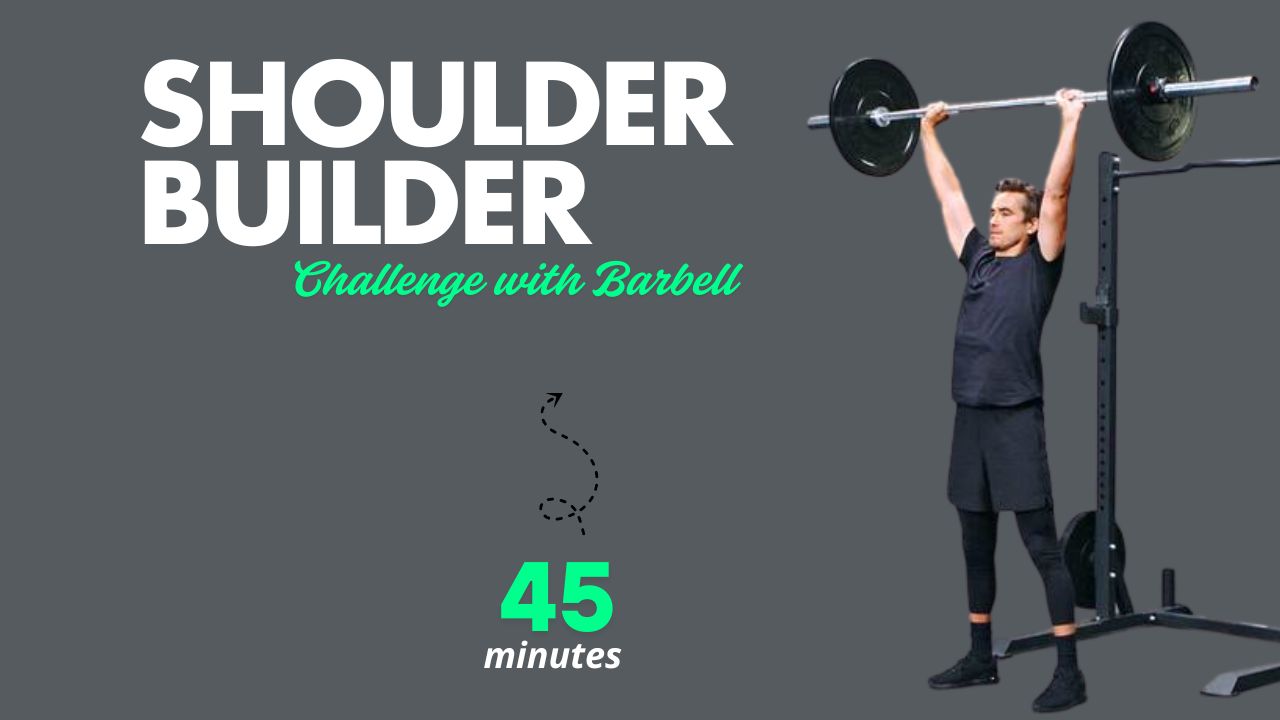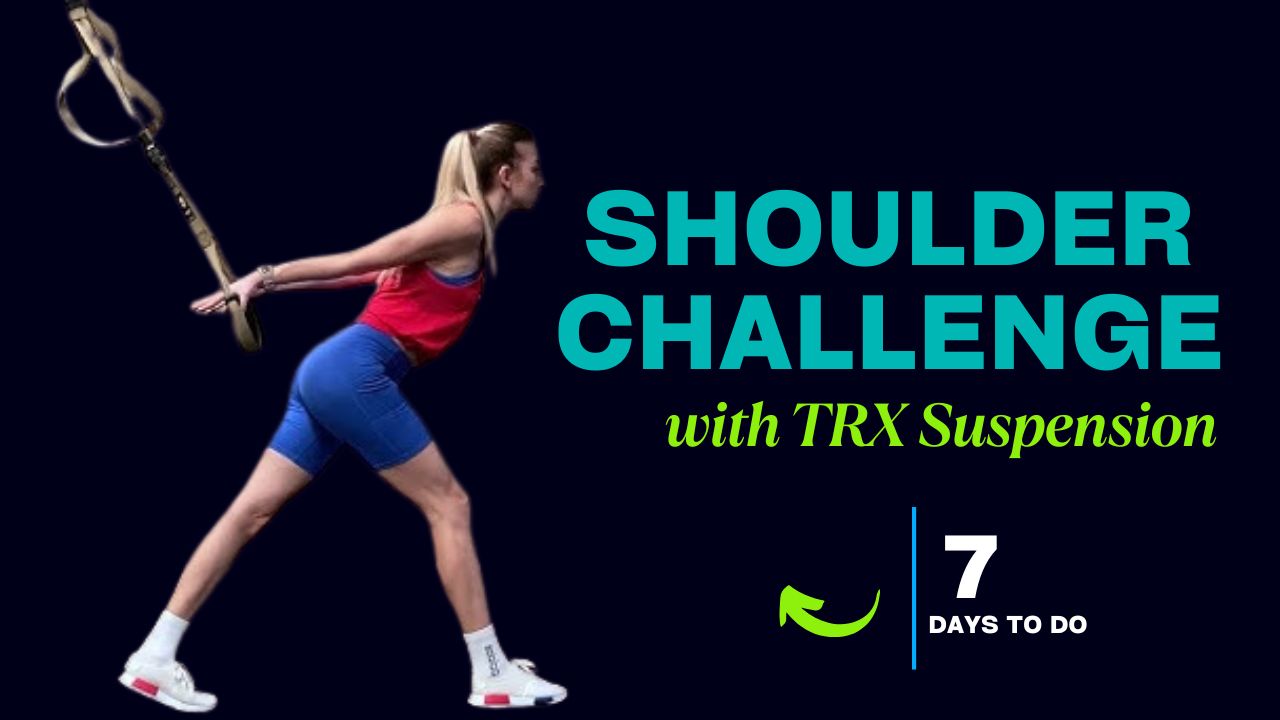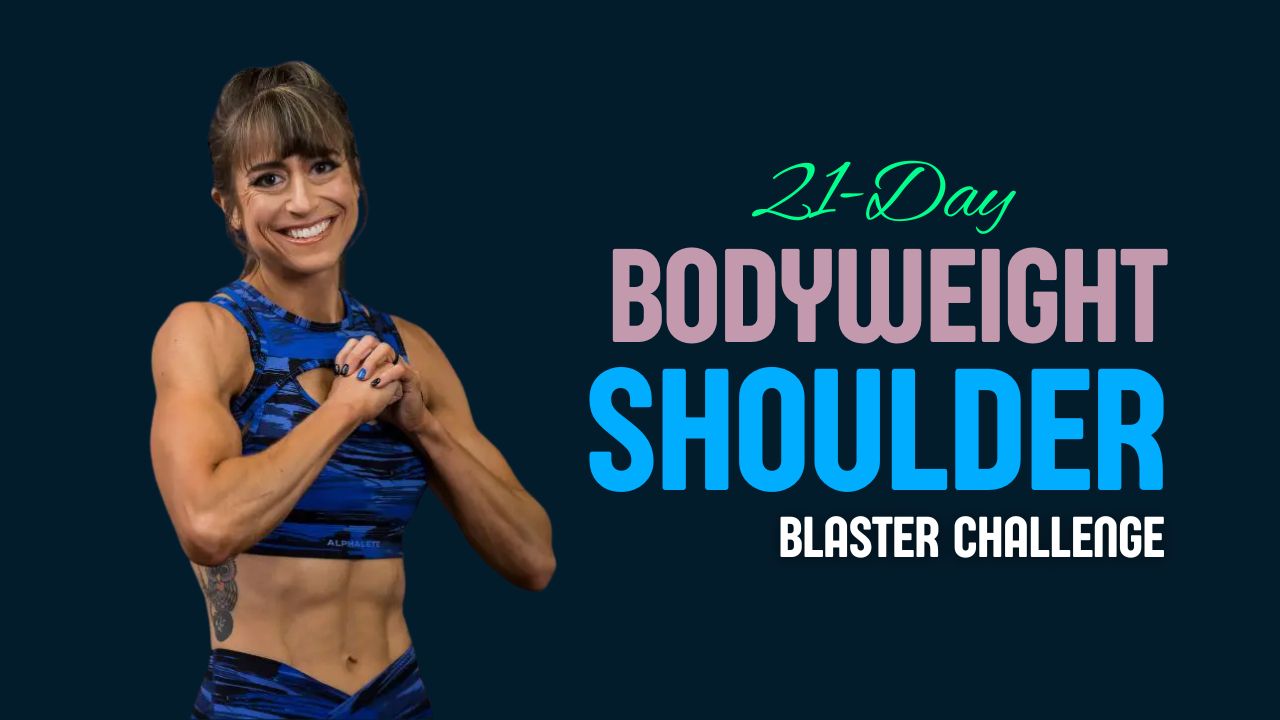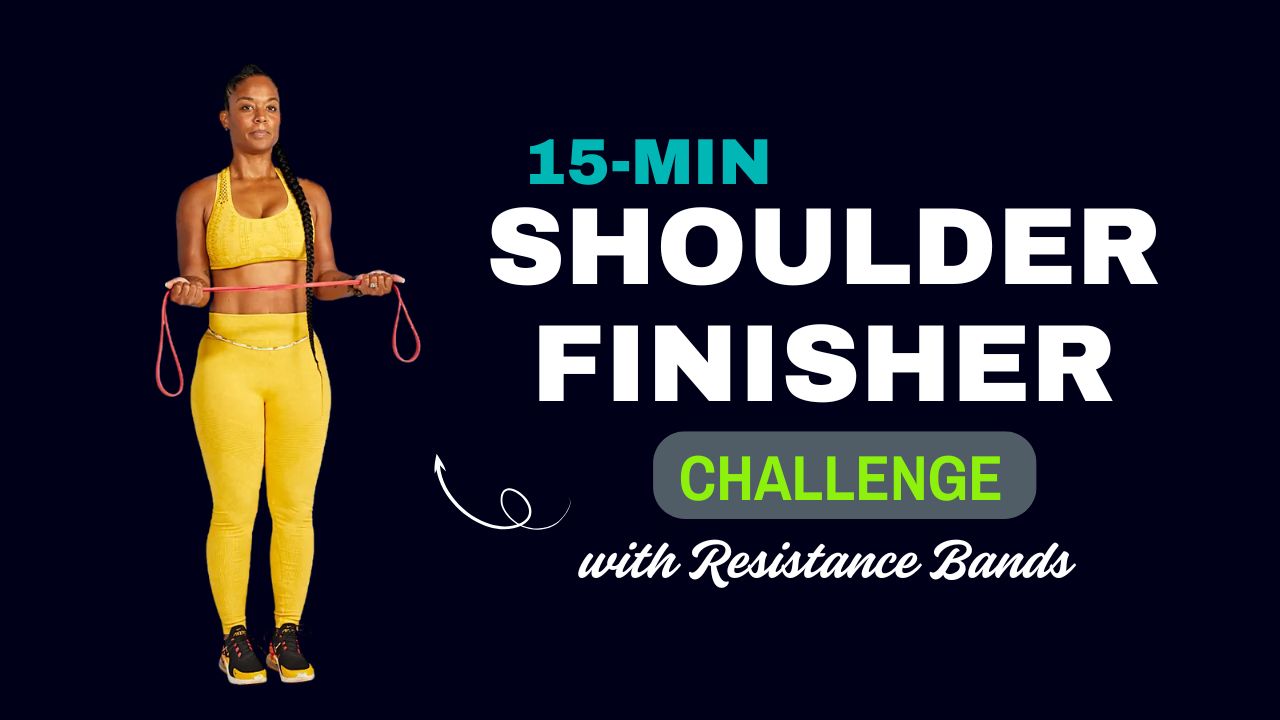Think kettlebells are only for swings and squats? Think again. Kettlebells aren’t just functional – they’re transformational. Most people overlook them when training chests, sticking to the usual bench press and dumbbells.
But here’s a muscle-building truth: kettlebells engage more stabilizing muscles, recruiting deeper fibers in your pecs, making every rep count.
Do you know? Kettlebells date back to the 1700s in Russia and were originally used by strongmen to display brute strength. Today, they’re the secret weapon for functional hypertrophy – blending raw power and sculpted size.
Ready to shock your pecs into growth and breakthrough strength plateaus? Here are 11 kettlebell chest workouts designed to ignite both size and strength, complete with how-to instructions and the perks they deliver.
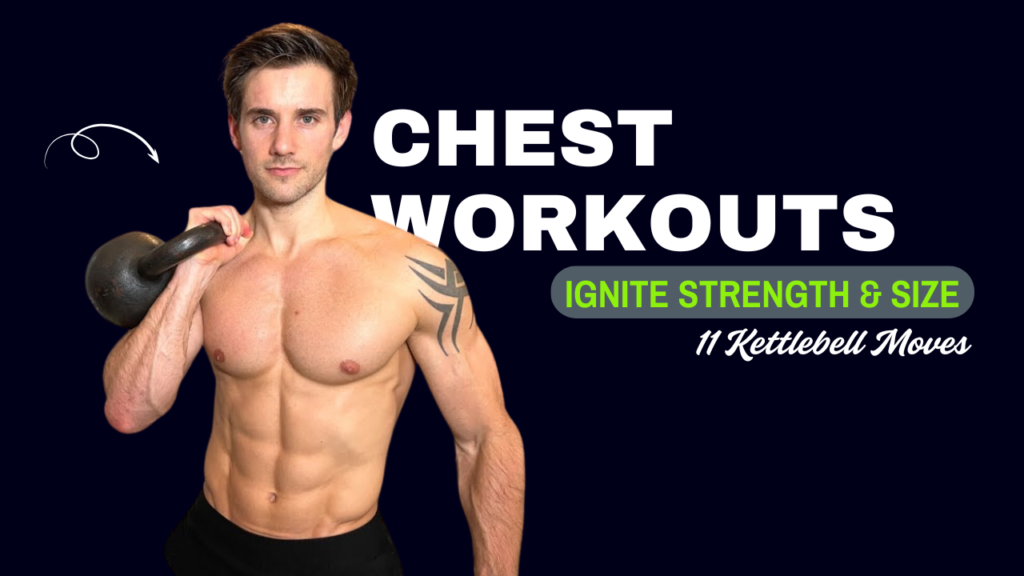
Table of Contents
30-Day Results from Kettlebell Chest Workouts
| Potential Result | What It Means for You |
|---|---|
| Improved Chest Definition | Noticeable muscle shape and firmness in upper, mid, and lower chest. |
| Increased Muscle Endurance | You’ll be able to perform more reps without fatigue. |
| Enhanced Functional Strength | Everyday pushing motions (like lifting, pushing) feel easier and stronger. |
| Better Mind-Muscle Connection | Improved focus and control in chest movements. |
| Boosted Core Stability | As kettlebells engage the core, balance and posture improve. |
| Elevated Calorie Burn | Full-body muscle engagement means higher fat loss potential. |
| Balanced Muscle Symmetry | Unilateral exercises correct left-right imbalances. |
| Shorter, More Efficient Workouts | Increased intensity reduces time without sacrificing results. |
| Greater Joint Health & Control | Less joint stress than barbells; better joint mobility. |
| Newfound Workout Motivation | Visible progress and versatility of moves keep routines fresh and exciting. |
Also Read: 12 Oblique-Toning Dumbbell Exercises That Carve Your Side Abs Fast
Kettlebell Chest Workout: Do’s & Don’ts
| Do’s | Don’ts |
|---|---|
| Start with light weight to master form | Don’t lift heavy without proper technique |
| Engage your core during every movement | Don’t arch your back or let your hips sag |
| Use full range of motion (press, lower under control) | Don’t rush reps or bounce weights |
| Breathe steadily – exhale on effort | Don’t hold your breath during lifts |
| Focus on stability and control | Don’t ignore wobbles – it’s a sign to regress |
| Warm up before and cool down after workouts | Don’t skip mobility or recovery work |
| Train chest 2–3x per week with rest days | Don’t overtrain the same muscles daily |
| Mix unilateral (single arm) and bilateral (double arm) exercises | Don’t rely on only one type of movement |
| Track your progress in reps and weight | Don’t lift randomly without a plan |
| Stay consistent and patient | Don’t expect overnight results |
1. Kettlebell Floor Press
Targets: Pectorals, triceps, shoulders
How to:
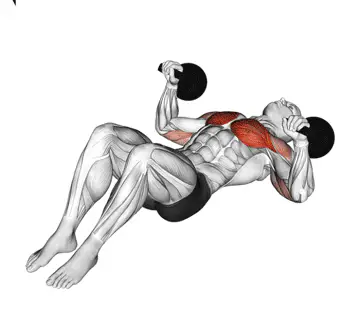
- Lie flat on the floor holding two kettlebells beside your chest.
- Press them straight up, locking out your elbows.
- Slowly lower until your elbows lightly touch the floor.
Why It Works: Safer on the shoulders than a bench press, this move isolates the chest and maximizes time under tension.
Also Read: From Average to Alpha: 14 Dumbbell Workouts for Bigger Biceps
2. Kettlebell Incline Floor Press (Feet Elevated)
Targets: Upper chest
How to:
- Elevate your feet on a bench or box to simulate an incline.
- Perform a floor press with kettlebells.
Why It Works: Mimics incline to press without a bench, directly targeting the upper pecs.
3. Kettlebell Push-Up
Targets: Entire chest, core
How to:
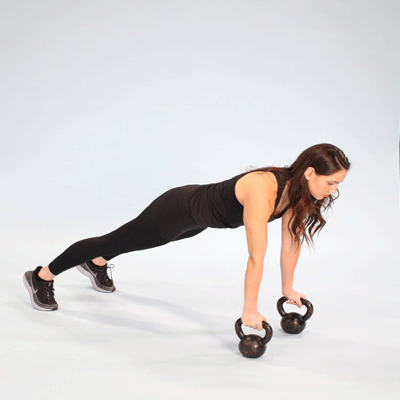
- Grip two kettlebells on the ground, shoulder-width apart.
- Lower into a push-up, then press back up.
Why It Works: The unstable kettlebell handles force your core and stabilizers to work overtime, intensifying chest activation.
4. Kettlebell Crush Press
Targets: Inner chest
How to:
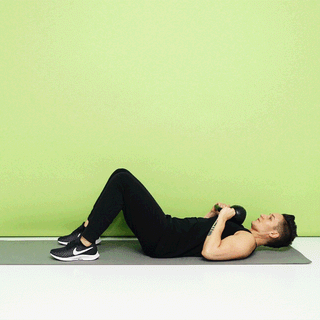
- Lie on your back and hold one kettlebell by the horns (side handles).
- Press it up, squeezing the handles inward.
Why It Works: Creates constant tension in your inner pecs, promoting muscle thickness and strength.
Also Read: 13 Dumbbell Chest Workouts That Build Size & Definition Fast
5. Alternating Kettlebell Chest Press
Targets: Chest, core
How to:

- Lie down with two kettlebells.
- Press one up while keeping the other at chest level, then alternate.
Why It Works: This unilateral motion improves imbalances and fires up your core as you resist rotation.
6. Kettlebell Renegade Press
Targets: Chest, shoulders, core
How to:
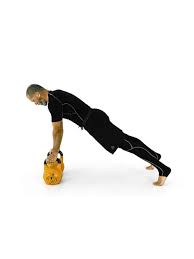
- Get in a plank position holding two kettlebells.
- Lower your body for a push-up, then return.
Why It Works: Builds chest strength while training core stability. It’s a full-body powerhouse move.
7. Single-Arm Kettlebell Floor Press
Targets: Unilateral chest focus
How to:

- Press one kettlebell from the floor while the other arm rests.
- Switch sides after reps.
Why It Works: Fixes strength imbalances and recruits more stabilizer muscles in the shoulder and pec.
Also Read: 13 Equipment-Based Calf Exercises to Power Up Your Lower Legs
8. Kettlebell Squeeze Push-Up
Targets: Inner and mid-chest
How to:
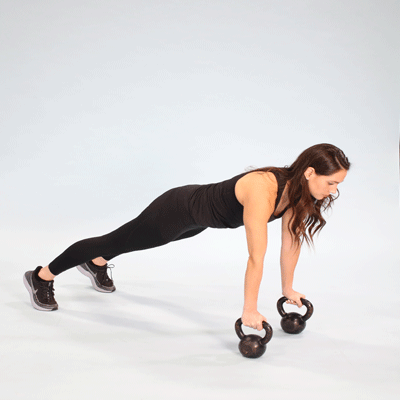
- Place one kettlebell on the floor and grip it from both sides.
- Do a push-up while squeezing inward on the bell.
Why It Works: Enhances chest fiber recruitment due to isometric tension during the entire range.
9. Kettlebell Pullover
Targets: Chest, lats, serratus
How to:

- Lie on your back, and hold one kettlebell with both hands.
- Lower it behind your head, then bring it back over the chest.
Why It Works: Stretches and works the chest through a greater range, improving flexibility and fullness.
10. Kettlebell Standing Chest Fly
Targets: Inner chest, front deltoids
How to:
- Hold two light kettlebells.
- Extend arms in front and mimic a fly movement by opening and closing arms.
Why It Works: Challenges chest control and works isometric tension when done slowly and controlled.
Also Read: 13 Bodyweight Abductor Exercises for Stronger, Sculpted Hips
11. Kettlebell Decline Push-Up
Targets: Lower chest
How to:

- Place your feet on a bench and hands gripping kettlebells on the floor.
- Perform a decline push-up.
Why It Works: Elevates feet to zero in on the lower pecs, giving your chest a complete development.
Wrap-Up: Sculpt, Strengthen, Stabilize
Kettlebells might not be the first tool you think of for chest day, but they deliver big on results. These 11 workouts hit every angle – upper, lower, inner – and build not just size, but functional strength and real-world performance.
Whether you’re in a home gym or just want to shake up your chest routine, this iron ball of intensity is your new best friend.
Myth Busted: You don’t need a bench press to build a solid chest. You just need smart moves, consistent form, and the right tool – enter the kettlebell.
Frequently Asked Questions (FAQs)
Can kettlebells really build chest muscle like dumbbells or barbells?
Yes. Kettlebells can absolutely build chest muscles. While the movement pattern is slightly different due to the offset weight, this actually forces more stabilizer muscle activation, leading to increased strength and hypertrophy when done consistently.
How often should I train my chest with kettlebells?
For most lifters, 2–3 times per week is ideal, ensuring at least 48 hours of recovery between chest sessions. You can vary intensity and volume based on your goal (strength vs. size).
Do I need two kettlebells for these workouts?
Not necessarily. While two kettlebells allow for symmetrical loading, many of these exercises can be modified for single-kettlebell use, which also helps correct muscular imbalances.
Are kettlebell chest exercises safe for beginners?
Yes, they are beginner-friendly when performed with proper form and appropriate weight. Start with lighter kettlebells and master the technique before progressing to heavier loads.
Which kettlebell weight should I use for chest workouts?
Beginners can start with a 8–12 kg (18–26 lbs) kettlebell. As your strength improves, gradually increase the load to challenge your muscles while maintaining good form.
Can I replace all chest exercises with kettlebells?
While kettlebells offer a wide range of chest-focused movements, a well-rounded program can include other equipment like dumbbells and resistance bands. Kettlebells are great, but variety enhances progress and reduces plateaus.
Will kettlebell chest workouts also help tone my arms and shoulders?
Absolutely. Most kettlebell chest exercises, like the floor press and push-up variations, engage triceps, deltoids, and core, offering a comprehensive upper body workout.
Can kettlebell chest workouts help reduce chest fat?
They help build muscle, which increases your metabolic rate, but targeted fat loss (spot reduction) isn’t possible. Combine your workouts with a calorie-controlled diet and full-body training for best fat-loss results.
Do I need a bench to do these kettlebell chest workouts?
No. Many kettlebell chest exercises can be performed on the floor, in a push-up position, or standing, making them excellent for home workouts with minimal equipment.
